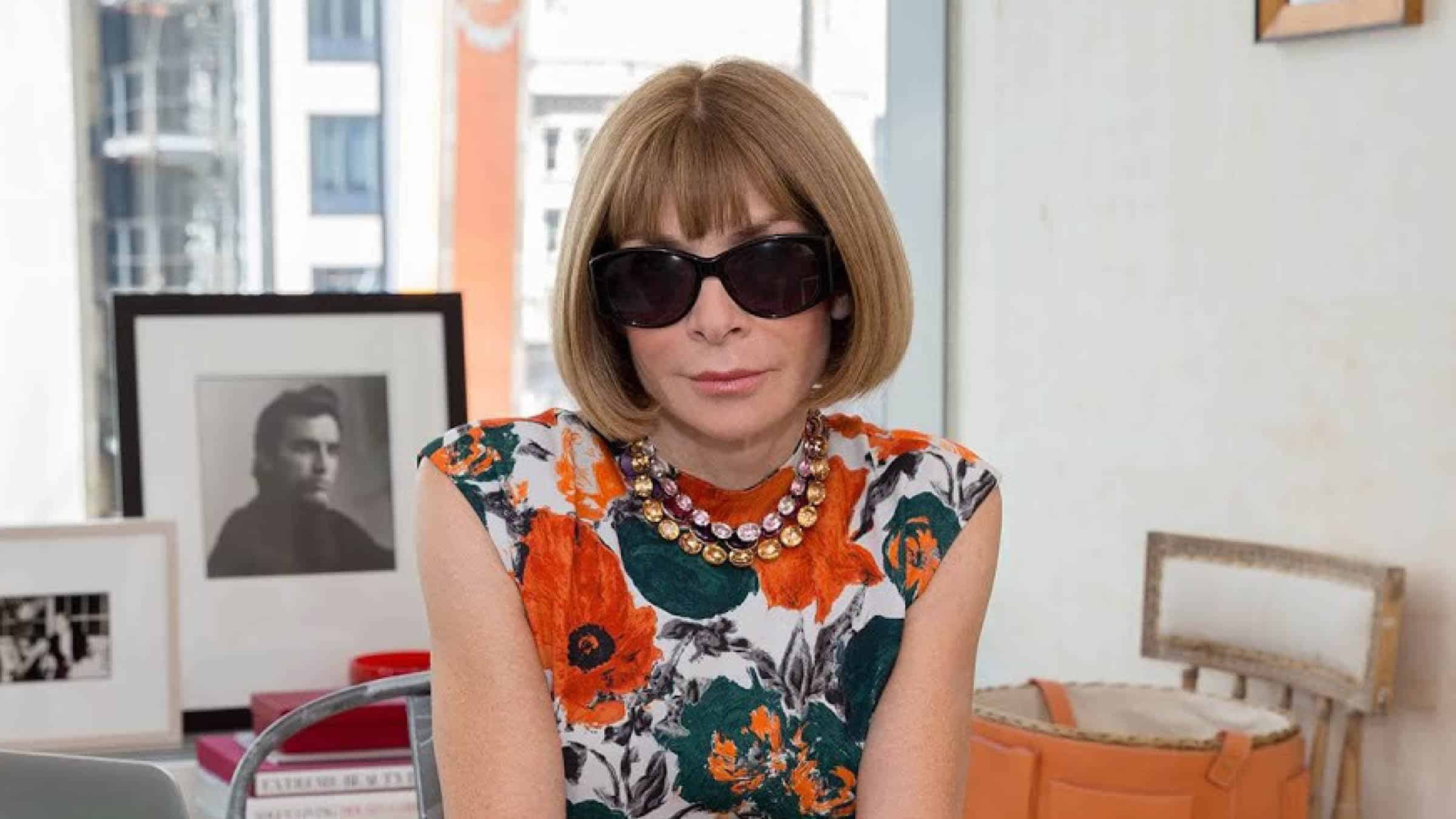From the Murdochs to the Wintours, British media has a long-ignored history of nepotism

Nepotism is a hot topic we just can’t seem to escape at the moment. Last year, celebrities including Zoë Kravitz and Dakota Johnson were outed and ridiculed for having families, while other nepo babies attempted to poke fun at themselves and failed miserably (looking at you, Hailey Bieber). However, here in Britain, the idea of nepotism hasn’t been covered so extensively, often seeming like an issue confined to the echo chamber of Hollywood. Still, it is undoubtedly a driving force in our society – not least in the media.
A recent tweet by @brokenbottleboy reveals the extent at which nepotism has become an issue throughout British media, revealing a “British media nepo babies map.” Included are the usual suspects, the Murdochs, The Wintours and a host of other notable families. Yet the sheer vastness of clans with a history and influence in the media is a worrying notion.
Sure, it’s humorous to poke fun at privileged names in the entertainment world who are blissfully unaware of their advantages over their working-class counterparts – but at least we do not have Lily-Rose Depp feed us our daily news. Don’t worry, we’re not going full-on conspiracy theorist here, but there’s no denying that having generations on generations inserted into our media world due to their DNA is not exactly ideal.
Anna Wintour, who has held her position at Vogue since 1988, is the daughter of Charles Wintour, who edited the Evening Standard. Meanwhile, Ben Preston at The Times is the son of former The Guardian editor Peter Preston, who sat in the hot seat at the newspaper for 20 years. And this is just the tip of the iceberg of influential figures who can thank their surnames for their positions.
Yet, it seems something we shouldn’t talk about, as if its some taboo issue we should refrain from exploring. Take Owen Jones, for example, who doesn’t have ancestral ties to the media and has often raised the problem of nepotism in the British press only to be met by waves of abuse.
“The main thing I’ve learned from working in the British media is that much of it is a cult. Afflicted by a suffocating groupthink, intolerant of critics, hounds internal dissenters, full of people who made it because of connections and/or personal background rather than merit,” he tweeted in 2018. Following up by saying, “My timeline is now full of angry media types closing ranks which in no way completely and utterly proves my point.”
According to the Sutton Trust, in 2016, 51% of Britain’s top journalists were privately educated. Just 19% attended a comprehensive school. According to another government study, journalists are second only to doctors when it comes to the dominance of those from professional or managerial parental backgrounds.
Of course, some of these journalists who come from advantageous backgrounds are well respected and undoubtedly brilliant at their occupation. But it’s clear that there has to be much more action taken to break this cycle of nepotism, which would result in an increasingly varied, diverse and accurate representation of what the people of Britain actually are – not just those who are white and privileged.

